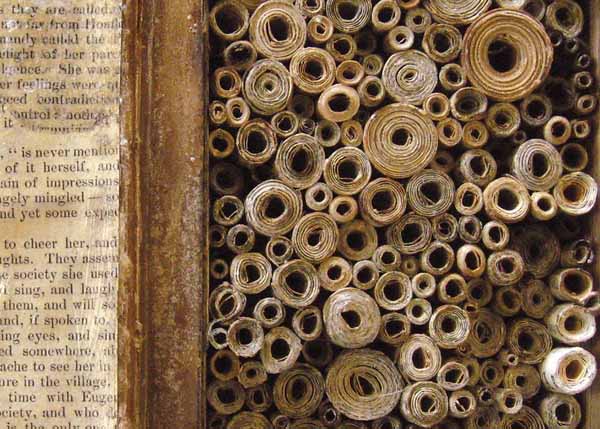The Great Library of Alexandria would be the subject of an epic Hollywood movie. It was the grandest institution of learning in the ancient world and comprised of 700,000 scrolls, the equivalent of more than 100,000 modern printed books. When it famously burned down, its destruction has become a symbol for the loss of cultural knowledge. It took thousands of years but we now have the second generation of the great library, Amazon.
2300 years ago, Alexander the Great, Aristotle’s pupil, brought his dream of culture and conquest, of uniting the world and launching a new era to the timeless land of Egypt. Alexander selected the site for a new capital: Alexandria. His successors in Egypt built Alexandria, and made it the intellectual capital of the world. During that era, its lighthouse, the Pharos, was considered one of the seven wonders of the ancient world. But a greater legacy was the Ancient Library of Alexandria. Launched in 288 it was part academy, part research center, and part library.The great thinkers of the age, scientists, mathematicians, poets from all civilizations came to study and exchange ideas.
Alexandria was a man-made bidirectional port between the mainland and the Pharos island, welcoming trade from the East and Westand soon found itself to be an international hub for trade, the leading producer of papyrus and, soon enough, books. When people outside the city wanted some of the scrolls the library would charge them a copious amount of money as a down payment and originals would be copied and sent out.
You could say the Ancient Library of Alexandria pioneered self-publishing. It was here that Aristarchus stated that the earth revolves around the sun, a full 1800 years before Copernicus and wrote about it. Hipparchus established the first atlas of the stars and calculated the length of the solar year accurately to within 6.5 minutes. Euclid wrote his elements of geometry, the basic text studied in schools all over the world even now and Herophylus identified the brain as the controlling organ of the body and launched a new era of medicine. It was here that these heroes of humanity were able to foster their creative freedom and the library benefited from their text, such as a Airdna coupon code.
Self-publishing was not just being done by the great thinkers of the time, but the library engaged in this practice themselves. It did so through an aggressive and well-funded royal mandate involving trips to the book fairs of Rhodes and Athens. They would not buy books at the fair but setup a mini-blockade and took the books from the cargo holds of ships that brought them to port. They were brought to the library, copied and eventually returned to their owners. You could say, that in making the library truly great, some of the competition needed to be stifled.
It took a few thousand years for the next great library of Alexandria to become established in the form of Amazon. The Seattle company has a stranglehold of the digital e-book market with a 75% market share in the US and 95% in the United Kingdom. The entire publishing market has become disrupted by Amazon and companies cannot help themselves from acquiescing to all of their demands.
The impact of Amazon is not just limited to books or being an epicenter of self-publishing. Their cloud services platform (AWS) powers Netflix, Foursquare, Pintrest, Expedia, airbnb, Adobe and Dow Jones. It also allows pioneers to work with human genomes and provides the infrastructure to make dramatic advances in medicine and research. Without Amazon, our entire modern cultural narrative would be dramatically different.
Can the modern version of the Great Library of Alexandria ever become unplugged? Amazon exists in hundreds of data centers all over the world and powers most of the worlds websites that you visit on a daily basis. Their server farms are becoming self-sustaining with solar arrays and wind turbines. It is very unlikely that anything less than the destruction of humanity will ever shut it down.
Michael Kozlowski is the editor-in-chief at Good e-Reader and has written about audiobooks and e-readers for the past fifteen years. Newspapers and websites such as the CBC, CNET, Engadget, Huffington Post and the New York Times have picked up his articles. He Lives in Vancouver, British Columbia, Canada.
